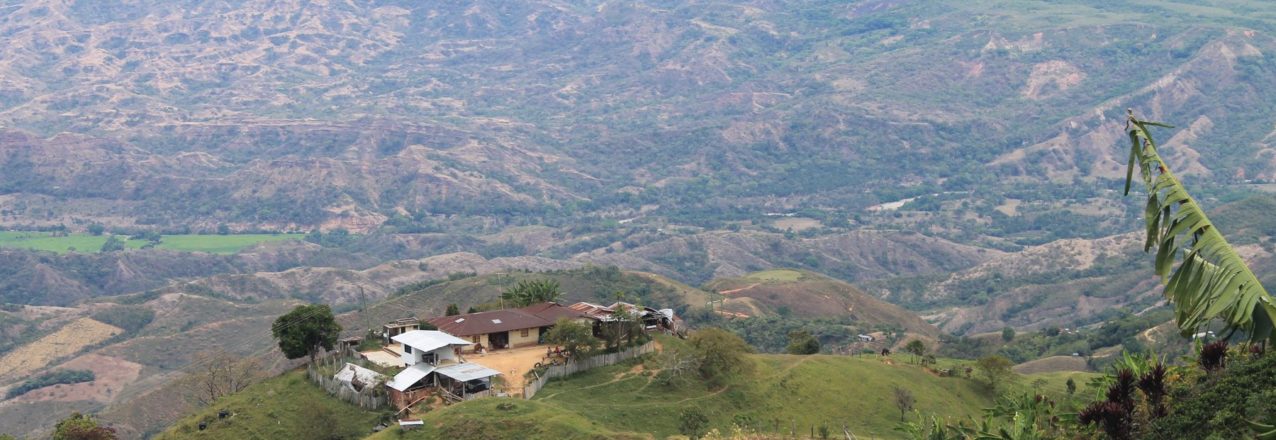Q&A with Director of Human Rights in Tolima, Colombia.
Originally appeared on Exposure.
SINCE EARLY 2016, USAID HAS WORKED SHOULDER TO SHOULDER WITH TOLIMA’S GOVERNMENT TO SHAPE RURAL DEVELOPMENT AND VICTIM-FOCUSED PLANS. JULIANA JURADO PEÑA, TOLIMA’S DIRECTOR OF THE OFFICE OF HUMAN RIGHTS UNDER THE SECRETARIAT OF INTERNAL AFFAIRS, SPEAKS ABOUT THE PROCESS AND RESULTS.
Q: Tell us about the importance of territorial action plans and their relationship with land administration.
A: Territorial action plans specify the actions that departmental and local governments are planning to undertake with the aim of promoting compliance with Colombia’s Victims Law. Tolima is home to more than 160,000 victims who are eligible for reparations through technical assistance, truth and justice, and guarantees of non-repetition. The territorial action plan is connected to Tolima’s development plan—if we don’t incorporate comprehensive assistance for victims, we won’t be able to provide the right solutions to ensure development and progress.
Q: How has your collaboration with USAID’s Land and Rural Development Program affected the Tolima government’s capacity to handle the restitution process and compliance with restitution rulings in particular?
A: Together with USAID, we have helped Tolima’s government achieve a greater impact for restituted communities. Thanks to USAID’s support, we’ve developed various mechanisms that allow the departmental government a clearer idea of the steps involved in complying with restitution rulings and in achieving objectives that go beyond simply placing victims back on their land.


